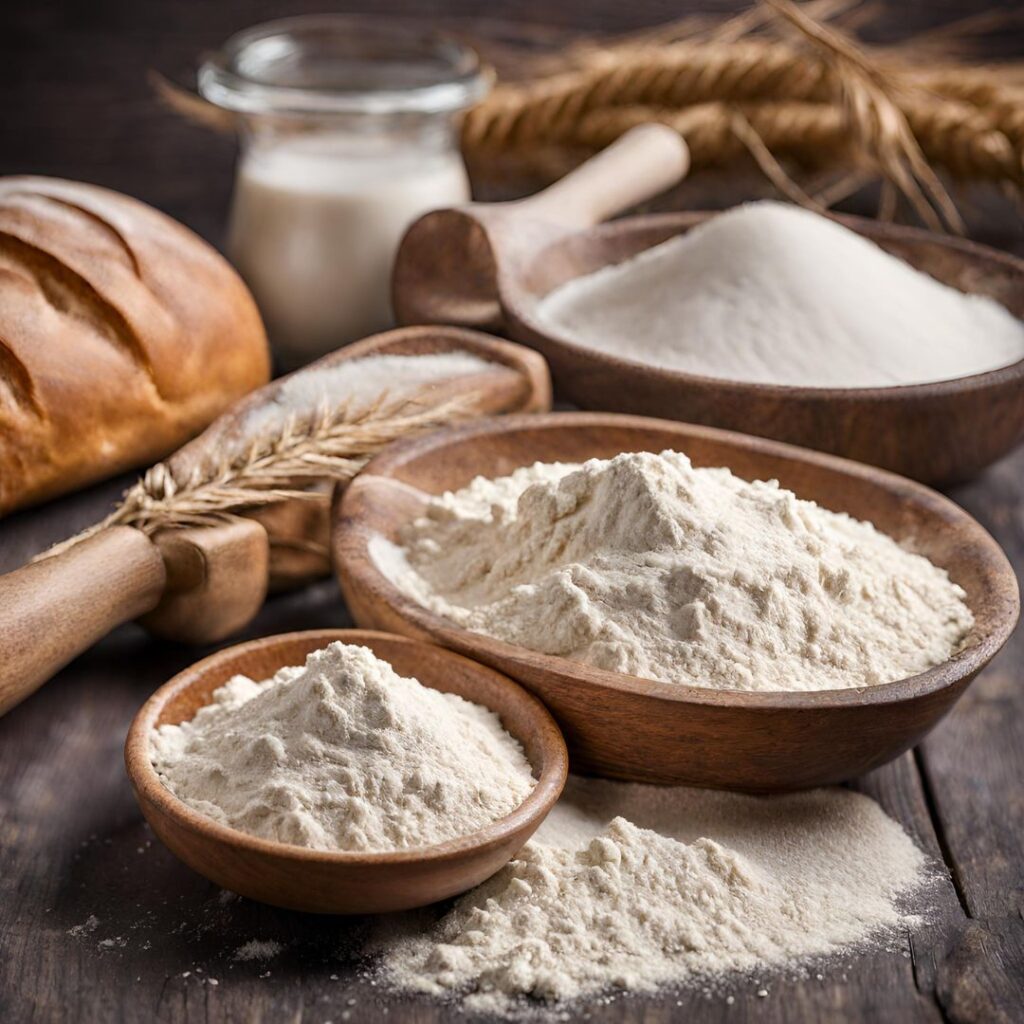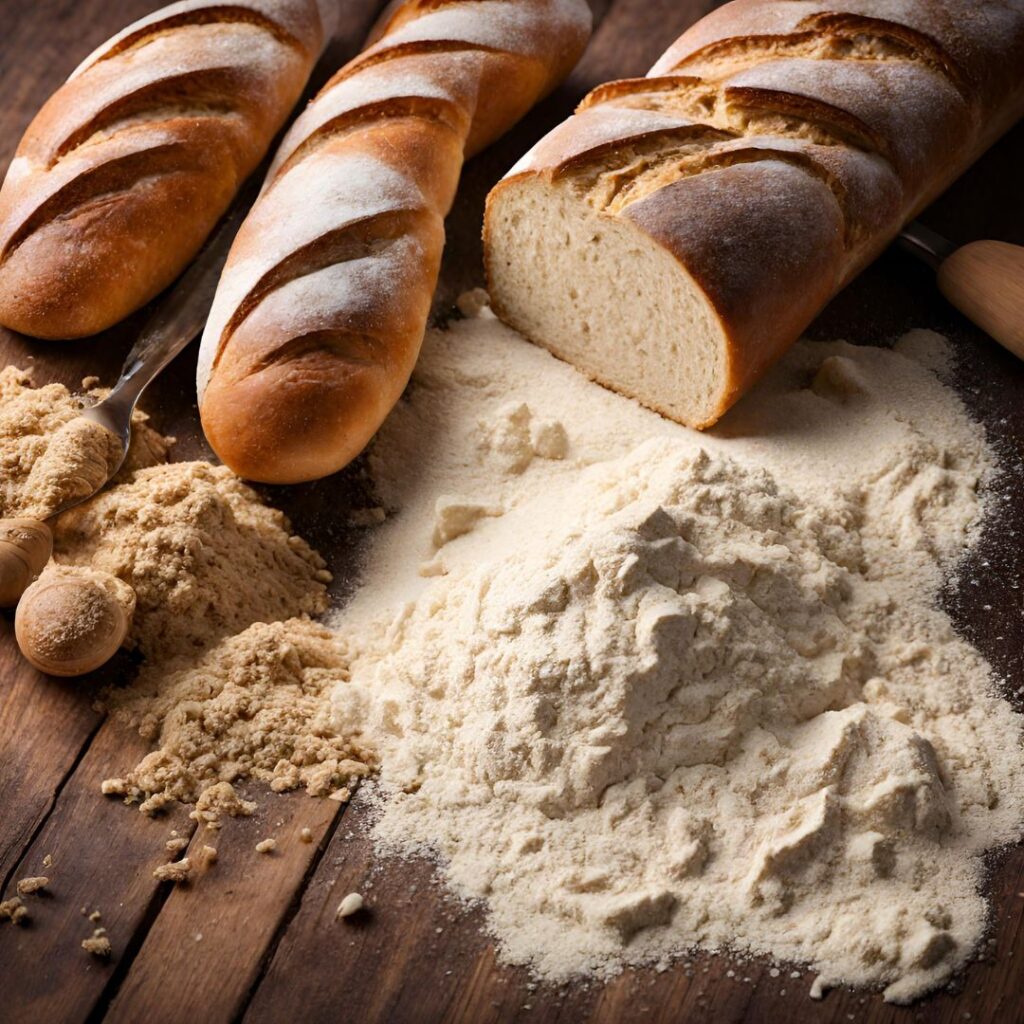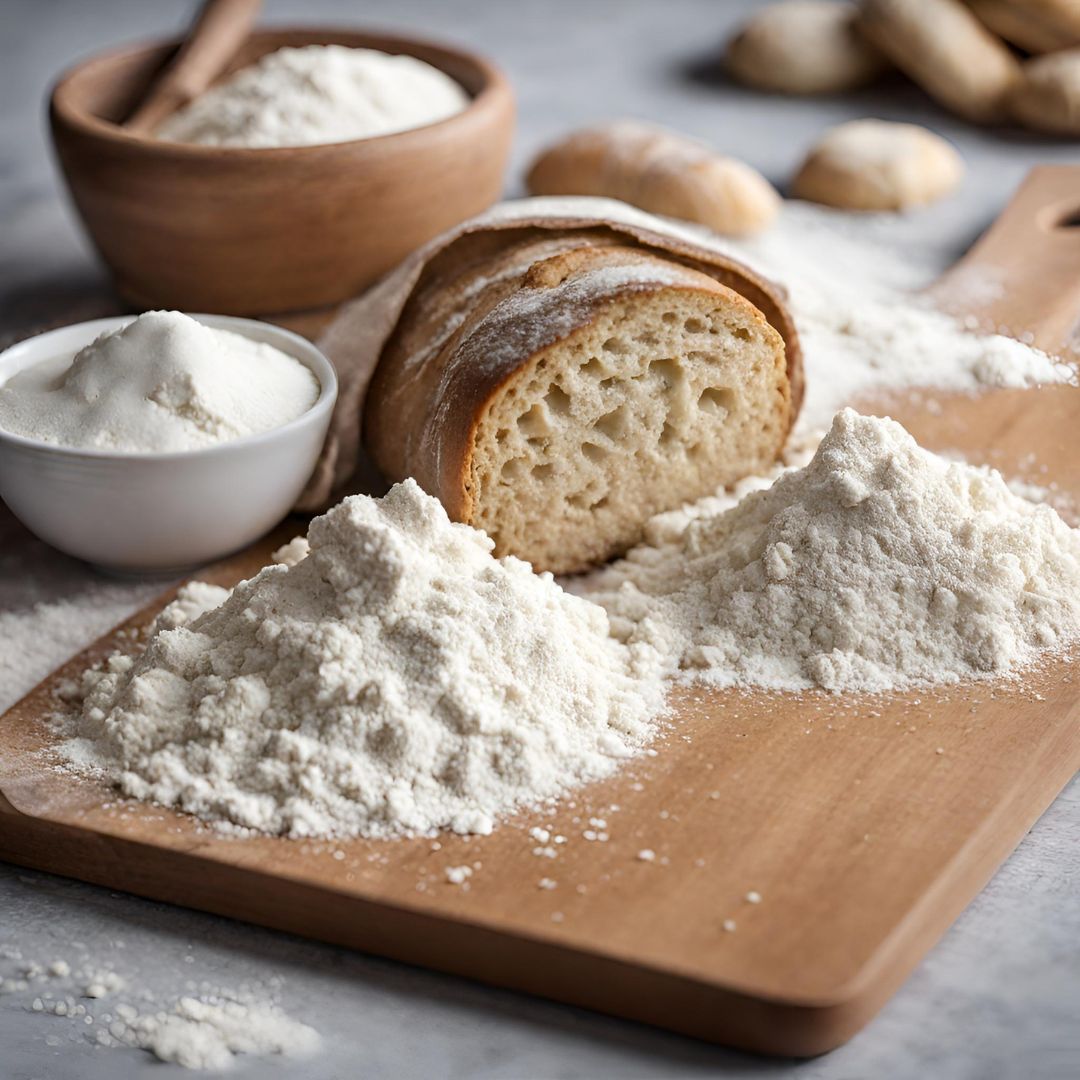Introduction
Cookies, the quintessential comfort food, bring back memories of childhood and warm up the soul with their irresistible flavors and textures. But have you ever wondered about the role flour plays in shaping these delectable treats? In particular, the debate between bread flour and all-purpose flour has sparked curiosity among home bakers. Today, we’ll delve into the science behind flour choice and explore whether bread flour can truly deliver the chewy, delightful cookies you crave.
The Science of Flour

1.1 Understanding Protein Content: The Key Player
Protein, the building block of gluten, plays a crucial role in determining the texture of baked goods. All-purpose flour typically contains 10-12% protein, while bread flour boasts a higher protein content of 11-13%. This difference in protein levels significantly impacts the outcome of your cookies.
1.2 Gluten Development: The Chewing Factor
Gluten, a network of proteins formed during dough mixing, provides structure and elasticity to baked goods. The higher protein content in bread flour leads to stronger gluten development, resulting in chewier cookies. Conversely, all-purpose flour with its lower protein content yields softer, more tender cookies.
Bread Flour vs. All-Purpose Flour for Cookies
2.1 Bread Flour for Chewy Cookies: A Match Made in Heaven
Bread flour’s high protein content makes it ideal for creating chewy cookies with a satisfying bite. The stronger gluten network developed during mixing traps air pockets, resulting in a slightly denser, more substantial cookie.
2.2 All-Purpose Flour for Soft, Tender Cookies: A Classic Choice
All-purpose flour, with its lower protein content, produces softer, more tender cookies that melt in your mouth. The weaker gluten network allows for a more delicate crumb, while the lower protein content ensures the cookies don’t become tough or gummy.
2.3 Can I Use Bread Flour for Cookies? The Answer You’ve Been Waiting For
Yes, you can use bread flour for cookies, but be prepared for a chewier, slightly denser cookie experience. If you prefer softer, more tender cookies, stick to all-purpose flour.

FAQs
Q1: What happens if I use bread flour instead of all-purpose flour in cookies?
A1: Bread flour will result in chewier, slightly denser cookies due to its higher protein content.
Q2: Can I substitute bread flour for all-purpose flour in all cookie recipes?
A2: Yes, you can substitute bread flour in most cookie recipes, but be aware of the texture difference.
Q3: Which flour is better for chocolate chip cookies?
A3: Both bread flour and all-purpose flour can produce delicious chocolate chip cookies. Bread flour will yield chewier cookies, while all-purpose flour will create softer, more tender cookies.
Read Also:
Conclusion
The choice between bread flour and all-purpose flour for cookies ultimately depends on your personal preference. Bread flour delivers chewy, substantial cookies, while all-purpose flour produces softer, more tender treats. Experiment with both flours and discover your perfect cookie match. Embrace the baking journey, and let your taste buds be the ultimate guide.

